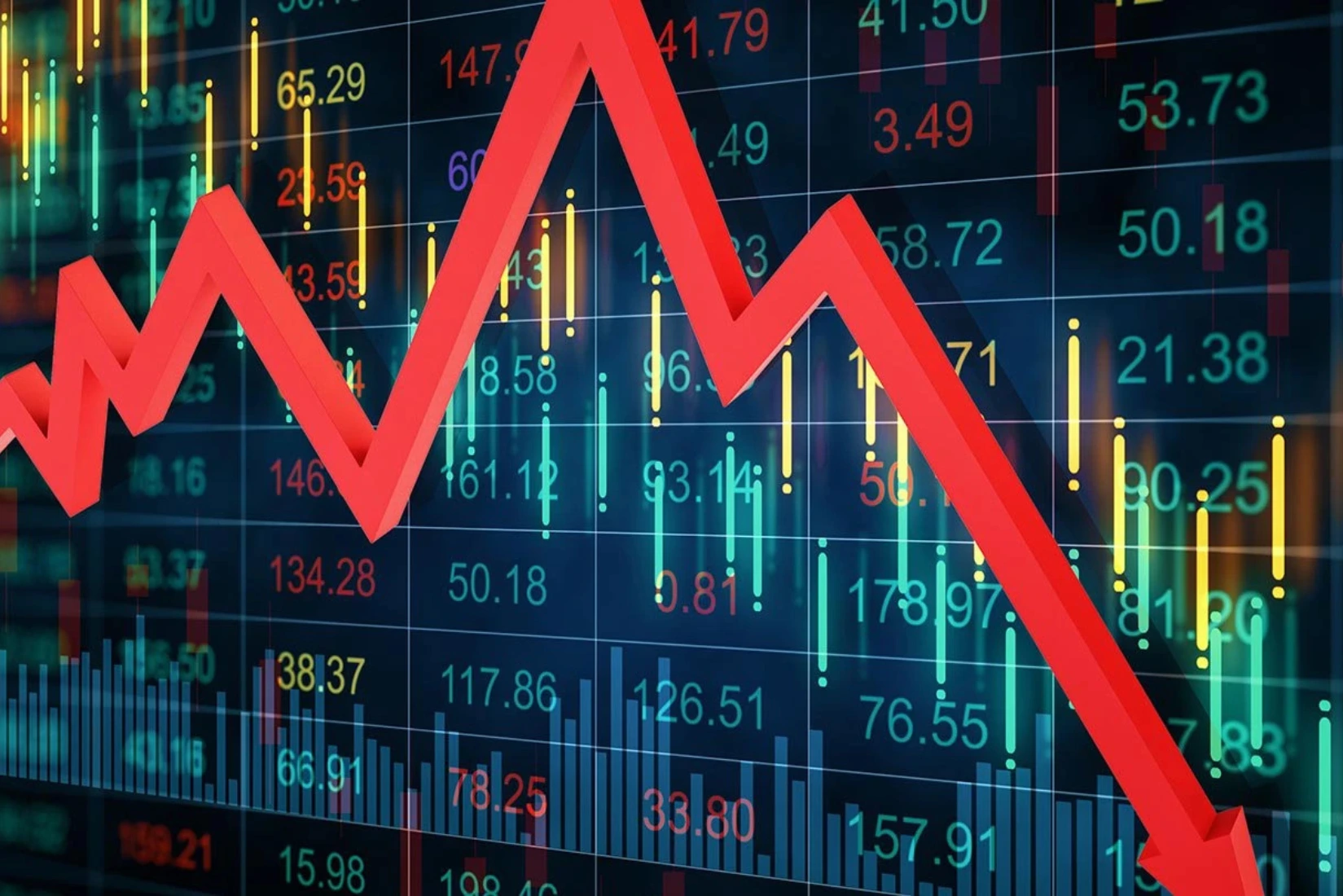5 Trading Mistakes vs. Smarter Moves That Could Save Your Profits
Trading Smarter Starts with Knowing the Difference
The trading world is full of conflicting advice, quick wins, and hard lessons. But some of the most costly mistakes don’t scream disaster—they quietly wear away at your profits. The fix? Start by comparing the habits that harm your trading to the approaches that actually work. Let’s break down five common trading mistakes and stack them against better alternatives that put you in control.


1. First Trading Mistakes : Skipping the Trading Plan
The Mistake:
Jumping into trades without a clear strategy. You “go with your gut” or react to market noise.
The Smarter Move:
Follow a trading plan that defines entry/exit points, risk tolerance, and position sizes.
Why It Matters:
A plan keeps you consistent and helps you learn from results. Without it, every loss feels like a mystery—and every win, a fluke.


2. Overtrading Also A Trading Mistakes
The Mistake:
Believing that more trades = more profits. You keep clicking because it feels like progress.
The Smarter Move:
Be selective. Only enter trades that meet strict criteria—no forced entries.
Why It Matters:
Overtrading increases fees, adds stress, and leads to sloppy decision-making. Fewer, higher-quality trades typically produce better outcomes.
3. Trading on Emotion is a type of Trading Mistakes
The Mistake:
You let excitement or frustration guide your trades. You double down after a win or chase losses after a bad run.
The Smarter Move:
Stick to logic. Use rules to define your trades—then follow them regardless of mood.
Why It Matters:
Emotion clouds judgment. Trading becomes impulsive, not strategic. Systems beat feelings in the long run.
4. Ignoring Risk Management
The Mistake:
Risking too much on a single trade, assuming “this one’s different.”
The Smarter Move:
Use stop-losses. Limit position sizes. Assume any trade can go wrong—and prepare accordingly.
Why It Matters:
Even great setups can fail. Risk management doesn’t limit upside—it protects your ability to stay in the game.


5. Chasing the Market
The Mistake:
Jumping into a trade after the move’s already happened. You don’t want to miss out.
The Smarter Move:
Let missed opportunities go. Only act when your setup is present—on your terms.
Why It Matters:
FOMO leads to poor entries and higher risk. Great trades come from patience, not panic.
Final Thoughts: Trade With Contrast in Mind
Each mistake above has a counterpart that’s grounded in discipline, logic, and preparation. Trading isn’t about eliminating every error—it’s about identifying where you’re off track and correcting course.
The next time you feel tempted to force a trade, double down emotionally, or ignore your risk plan, stop and ask: Is there a smarter move I could make here?
Chances are, there is—and knowing the difference is what separates the short-term speculators from long-term traders.
Relevant Link : 5 Trading Myths That Are Quietly Costing You Money




